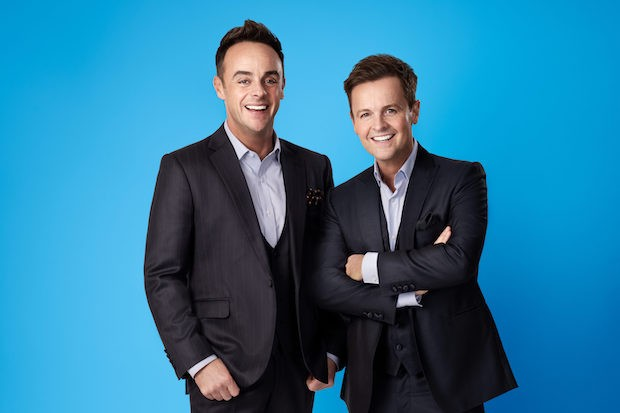Watch out for these top 5 trends in the future of work!
for the future of work as well as the ongoing changes in the business landscape, which has been accelerated by the COVID-19 pandemic. Do you want to know more about the topics that we discussed in relation to the current workforce in America? Check out my full interview here: Preparing For The Future Of Work: Miles Everson of MBO Partners On The Top Five Trends To Watch In The Future Of Work. In today’s newsletter, I’ll be highlighting the top 5 trends that organizations need to watch out for in the future of work. I hope you find this topic insightful and beneficial to your career.
|
||
| Watch out for these top 5 trends in the future of work! In MBO Partners’ State of the Independence in America studies, we’ve always mentioned that there are major disruptions that promise to change the very nature of work. From the ongoing shifts caused by the COVID-19 pandemic to other possible disruptions to the status quo, many wonder what the future holds in terms of employment. For example, a report by the McKinsey Global Institute estimated that automation will eliminate around 73 million jobs by 2030. That’s quite alarming, right? And whether you’re a full-time employee, an independent professional, or a business leader, you have to prepare for what the future of work looks like. In my one-on-one interview with Phil La Duke from Authority Magazine, I discussed some of the major disruptions for employers in the next 10 to 15 years. These are:
Aside from these major disruptions in the workplace, I also highlighted the top 5 trends that businesses and individuals need to watch out for in the future of work. Let’s take a look at them one by one:
The COVID-19 pandemic accelerated the social acceptance of working remotely by probably a decade. While I do believe that there will be more back-to-work arrangements and it won’t be completely remote, we will see a hybrid model in the future of work. In short, we will not be in the office as often as people were before the pandemic. My advice to employers is you need to embrace change. Do not choose to be a protectionist around protecting the old traditional methods and approaches—rarely does protectionism work. It doesn’t mean that you need to eliminate the physical presence and human connection in a company, but it does mean that your culture needs to be activated in ways that don’t rely solely on physical presence. There’s an old saying to contemplate here as well: “When you think that things need to change, perhaps you should first focus on what you need to change.” The most valuable capability that an individual can have is an enhanced learning capability, and it’s both the capability and the interest in learning. If you are good at learning and you practice a learning discipline, you will be able to adapt to changing skills, changing careers, changing jobs. If you know how to learn, you can continue to pick up new skills and capabilities. You can work well into subsequent decades beyond what has historically been the experience. This advice applies to knowledge work and, in fact, any job that requires technical skill development. My advice to workers is to make sure you learn how to learn and leverage that skill. Whether you do that through college or other learning mechanisms is a personal choice. The most successful and satisfied individuals will pursue a path of becoming constant and continual learners. Hope you’ve found this week’s insights interesting and helpful. Follow us on LinkedIn. Stay tuned for next Friday’s Everson’s High-P Fridays! |

Miles Everson
CEO of MBO Partners and former Global Advisory and Consulting CEO at PwC, Everson has worked with many of the world's largest and most prominent organizations, specializing in executive management. He helps companies balance growth, reduce risk, maximize return, and excel in strategic business priorities.
He is a sought-after public speaker and contributor and has been a case study for success from Harvard Business School.
Everson is a Certified Public Accountant, a member of the American Institute of Certified Public Accountants and Minnesota Society of Certified Public Accountants. He graduated from St. Cloud State University with a B.S. in Accounting.



